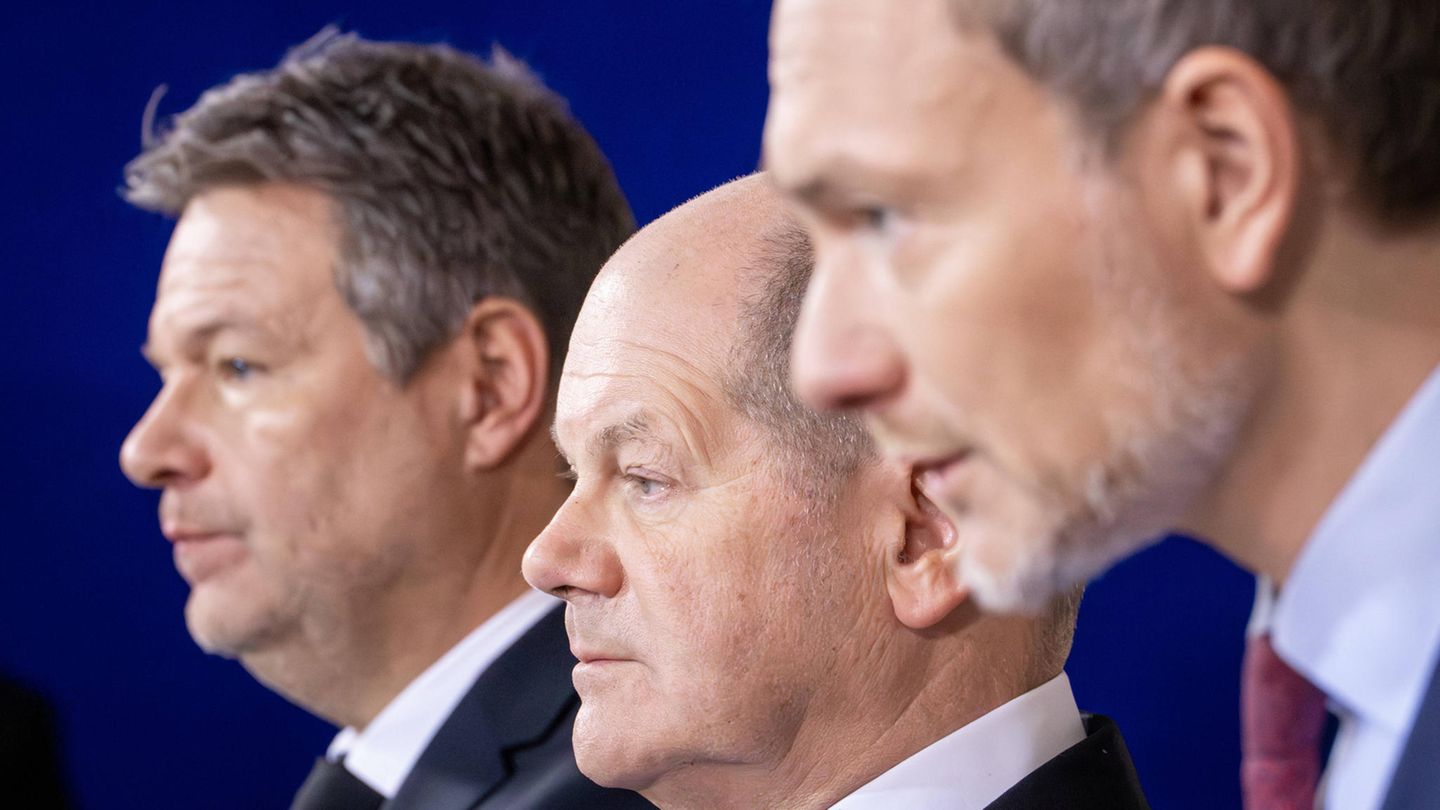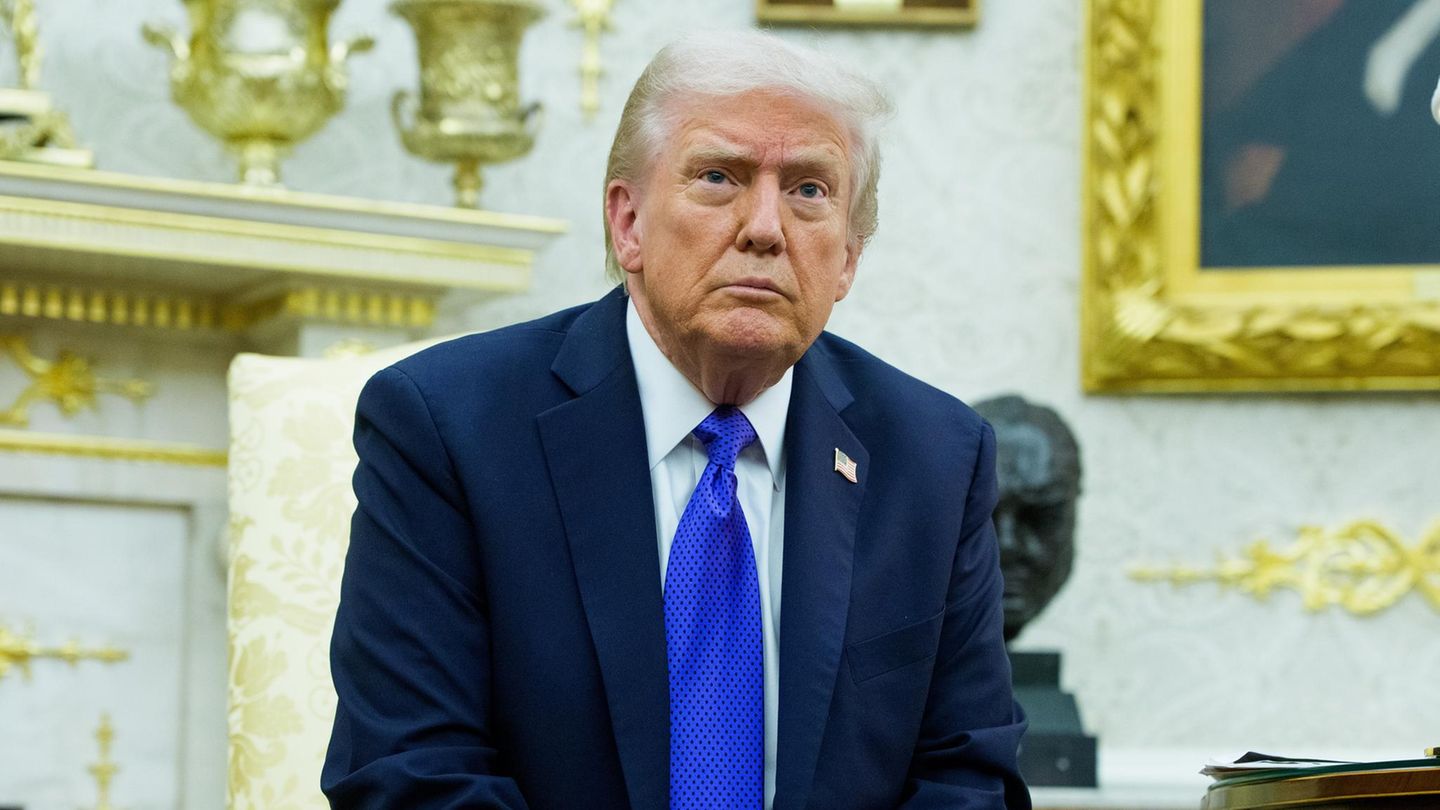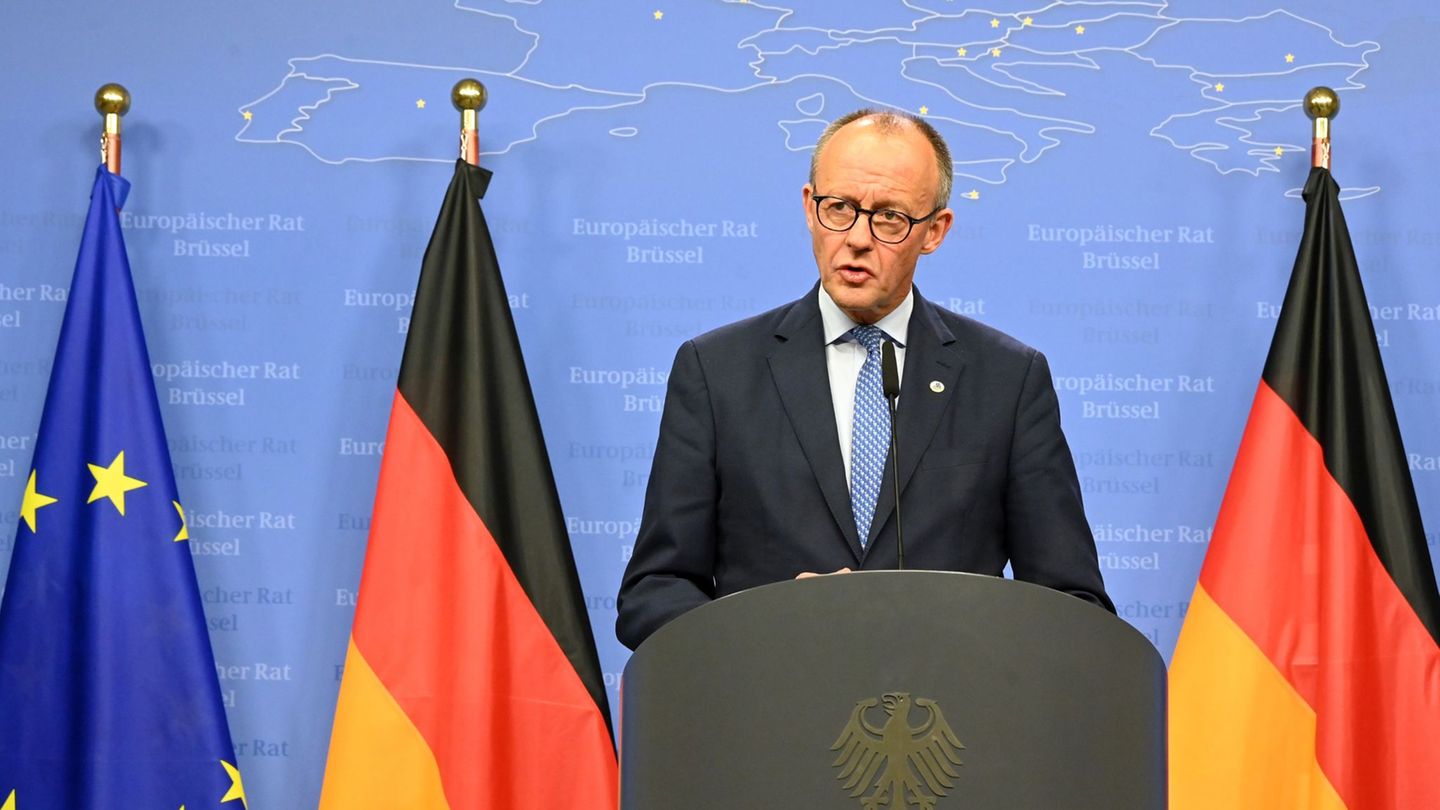The governing coalition lurches from one dispute to the next. Will it hold or will it fall apart before the end of the legislature? The star interviewed eight political scientists.
No piece of paper should fit between the SPD, the Greens and the FDP. That’s what the coalition members swore to themselves at their retreat in Meseberg last summer. But the promised harmony did not last. The traffic light partners now seem more divided than ever. There are allegations, papers and political cheating fantasies circulating. How long will this last? Will this government really hold out until the federal election in autumn 2025? A survey among eight political professionals shows: assessments vary.
“Reason of state demands that”
Andrea Römmele (56) is a professor of political science at the Herty School in Berlin:
“Yes, the traffic light lasts until 2025. Reasons of state dictate that – which Mr. Steinmeier has already pointed out (by the way, it reminded me of 2017…). An end to the coalition would also play into the hands of the AfD according to the motto: Look, they really can’t manage it. For the SPD, this coalition offers the only option for power, the FDP is currently worried about its parliamentary existence, the Greens have to work on getting rid of the (unjustified) image of the ban party. So everyone still has their own motives .”
“There is a lack of alternatives”
Hans Vorländer is director of the Center for Constitutional and Democracy Research at the TU Dresden:
“Everyone involved would lose if the coalition collapsed now. They would also lose if they held out until the end. This is called a dilemma. The party with the greatest existential worries is the FDP. If it collapses the coalition now, it will commit suicide out of fear of death. If she continues, she will face the same fate as in 2013, when she was thrown out of parliament in the federal election.
The SPD is in a similarly difficult situation. If she gave up the traffic lights now, she would face a massive loss of votes. If she holds out, she will lose what Scholz brought her in 2021: a surprising success. Because Scholz is no longer pulling. The SPD is therefore tormented by the question of whether it will replace the Chancellor in this legislature. But that is unlikely because Boris Pistorius, as a candidate with poll sympathies, is not supported by all currents in the party. The SPD grew big because of Scholz, and now it is becoming small again because of him.
Therefore, it is not to be expected that it will end prematurely. Especially since there is a lack of alternatives: the Union will not join a grand coalition as a junior partner. And Jamaica, I don’t see the Greens having to join in. So only a real relaunch of the traffic light can help everyone involved.
By the way: The Greens would probably come out of the coalition relatively unscathed, and their electorate would remain loyal to them.”
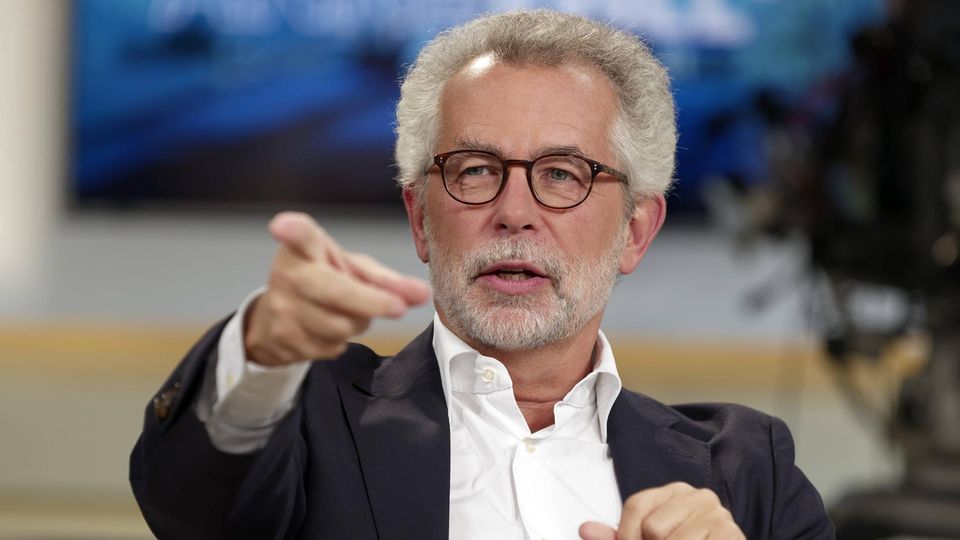
“The FDP’s fears of doom are increasing”
Ursula Münch (63) is a professor of political science at the University of the Bundeswehr in Munich and director of the Academy for Political Education in Tutzing on Lake Starnberg:
“Just a few weeks ago I would have said: the traffic light will last until the end of the legislative period. I now see it differently. It probably won’t last. Reason: The FDP’s fears of doom are audibly increasing, the dissonances in the government are becoming more and more diverse .
But: In my opinion, the FDP will only leave the traffic light if it does not have to expect a dissolution of the Bundestag (a vote of confidence) – i.e. if it does not have to worry about new elections coming up soon. And that presupposes that the SPD looks for and finds another coalition partner, namely the Union. So an unconditional no from me.”
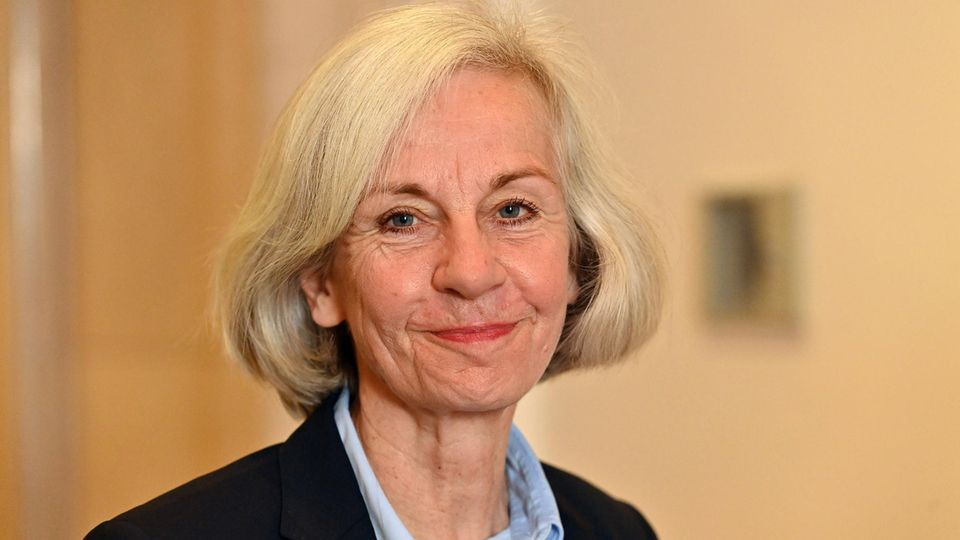
“The traffic light will focus on a departure in spring”
Karl-Rudolf Korte (65) is a professor at the University of Duisburg-Essen on the Duisburg campus and has been director of the NRW School of Governance since 2006:
“The traffic light is holding because the Basic Law is also designed to be fanatical about stability. Premature dissolution of government alliances has so far been very rare because it is constitutionally very prerequisites.
In addition: The traffic light will point to a new beginning in spring 2025 – hardly any inflation, rising economic data, climate money will be paid out to every household, every employee will be happy about higher wages that have been negotiated. International security is even more central than it is now. And that automatically stabilizes every executive branch.”
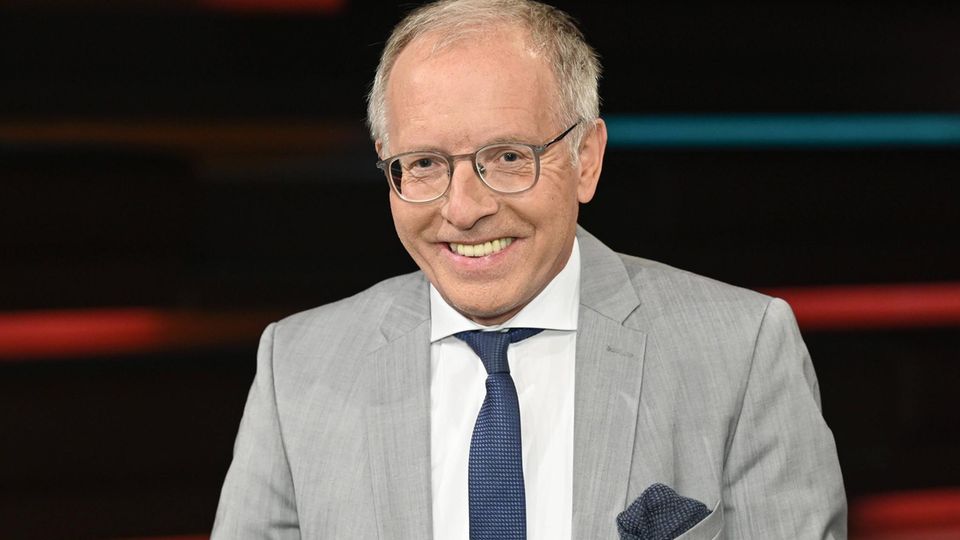
“The FDP’s existence would be at risk”
Constantin Wurthmann (31) is Professor of Comparative Politics at the Friedrich-Alexander University Erlangen-Nuremberg:
“The traffic light is holding because a new election won’t make majorities any easier and the FDP’s existence would be at risk. Instead of always just hitting each other, the traffic light just needs a slow narrative of what it does really well.”
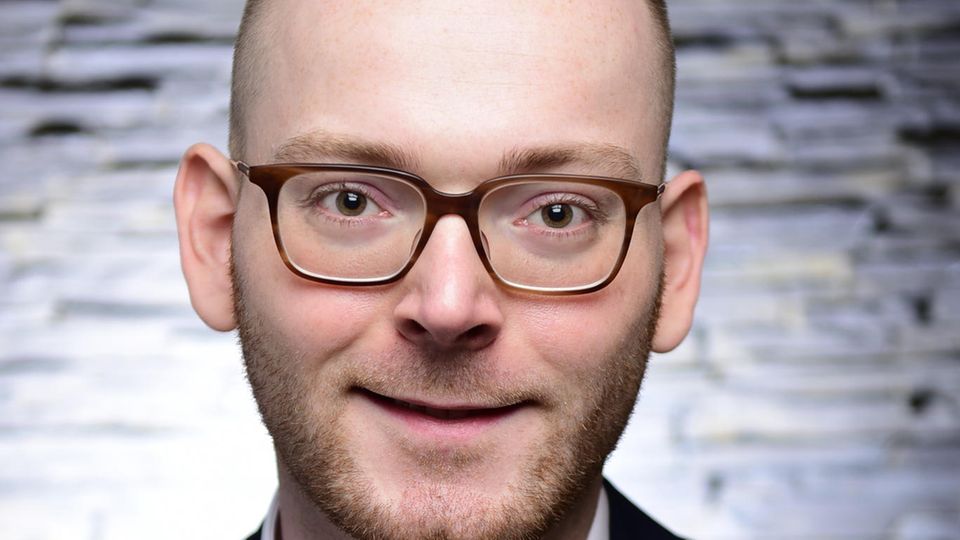
“Consider an imminent end is possible”
Albrecht von Lucke (57) is a qualified political scientist and journalist for the monthly magazine “Blätter für deutsche und internationalpolitik”:
“Under normal circumstances, the glue of power would have to hold the coalition together until the end, and especially the FDP: Because the possible suicide (in an early election) out of fear of death is not particularly attractive. In the meantime, however, the pressure from the The economic impact on the FDP is so great, as is the longing for an end to the traffic lights within the party, that I consider a provoked, perhaps even imminent end due to incompatible economic positions to be entirely possible.”
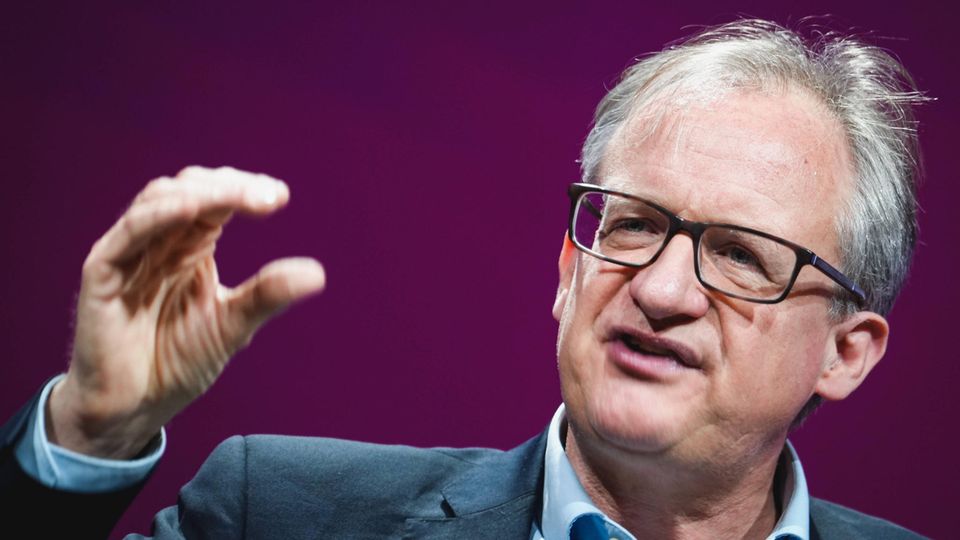
“None of the parties can be interested in new elections”
Julia Reuschenbach (36) is a political scientist at the Otto Suhr Institute at the Free University of Berlin:
“I assume that the coalition will remain in place until the 2025 federal election, because none of the parties involved can have any serious interest in new elections in the current situation. However, as has already been announced many times, they urgently need to improve their cooperation. It needs Better communication among each other and externally and, above all, sustainable unity after decisions. Otherwise, all three parties, but especially the SPD and FDP, risk paying a high price for the coalition at the ballot boxes in 2024 and 2025.”
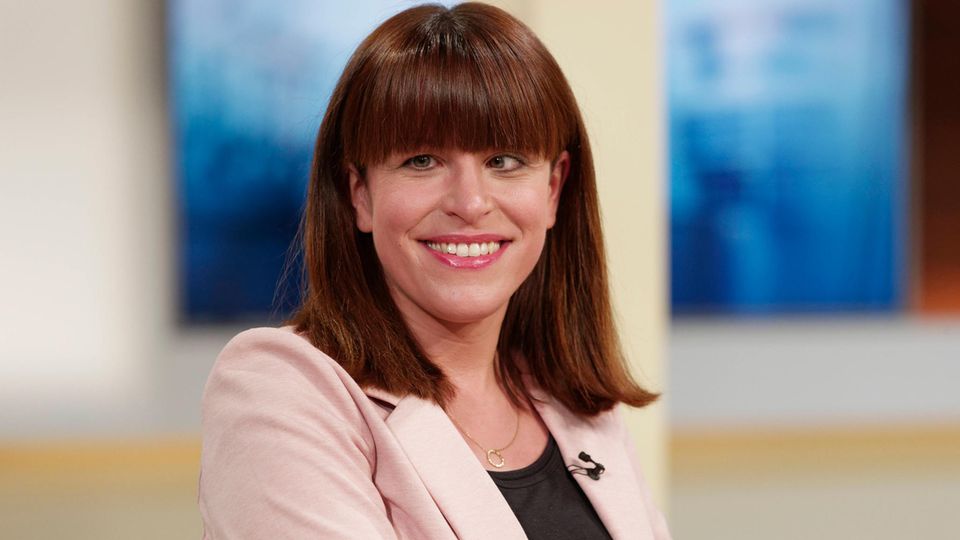
“Friedrich Merz’s rejection was not wise”
Uwe Jun (61) is a professor of political science at the University of Trier:
“The dissatisfaction in the FDP is palpable. But you have to find the right time to leave. Otto Graf Lambsdorff provoked the SPD with a paper so much that they had to throw the FDP out of the social-liberal coalition. Something like that would definitely be conceivable again. The state elections in the fall could be a moment that revitalizes the discussion. Friedrich Merz’s rejection of a black and yellow coalition a few days ago was not wise against this background. In doing so, Merz is more likely to help the traffic light stabilize. Should If he becomes the Union’s candidate for chancellor, this increases the chances that the traffic light will last until the end.”
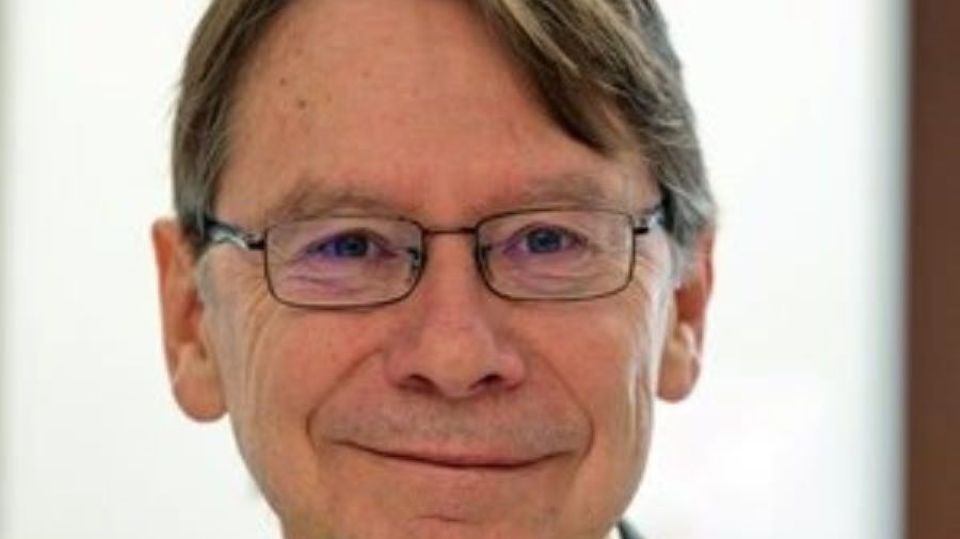
Source: Stern
I have been working in the news industry for over 6 years, first as a reporter and now as an editor. I have covered politics extensively, and my work has appeared in major newspapers and online news outlets around the world. In addition to my writing, I also contribute regularly to 24 Hours World.

